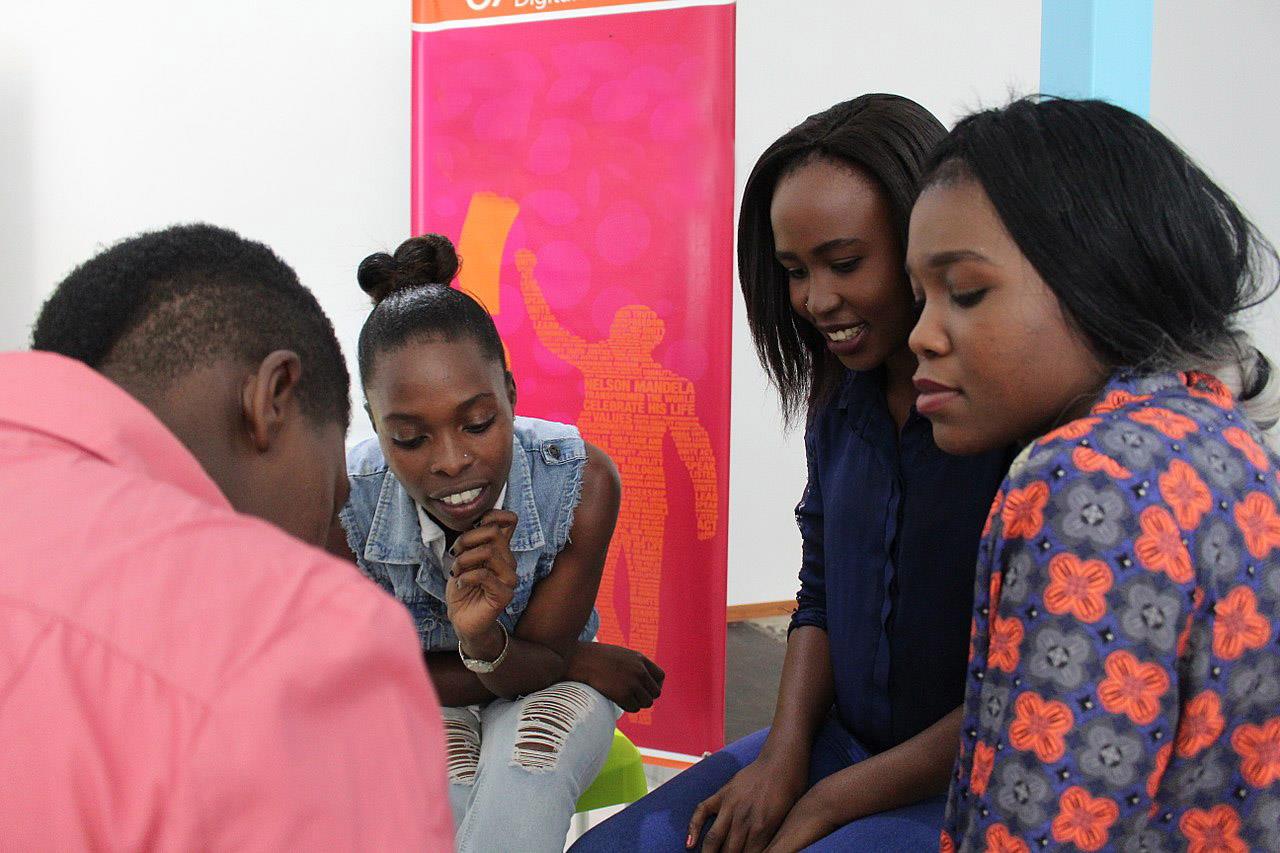

Expectations to Youth Entrepreneurship
When it comes to entrepreneurship, women are still expected to act like men. But what about youth?
– by Carol Tissot
When it comes to entrepreneurship, women are still expected to act like men. But what about youth?
Women represent the biggest part of world’s population and yet they are undervalued, in terms of receiving focused attention on studies and research, opportunities in the labour market and many other areas. Prejudices and stereotypes play a big role, and in most societies, being a female is still automatically associated to staying at home, taking care of the children, the family and the household, while men are responsible for ‘providing’.
Hence women are naturally vulnerable; they are born in a position of vulnerability and inequality and thus need to work much harder to achieve their goals. This is an almost global reality and constitutes a societal structural issue, where female struggle to enter the labour market and, more than that, to stay there and be properly paid. Surprisingly, the International Labor Organization has a 1951’s “Equal Remuneration Convention” signed by countries where the wage gap reaches 25% – like Portugal (2015).
Therefore, aiming to escape this scenario and match all their obligations, many women choose to become an entrepreneur and thus self-employed. Theoretically, the entrepreneurial ecosystem is more equal, since it relies plenty on meritocracy, hence everyone has the capacity to accomplish with his/ her own entrepreneurial aspirations by applying personal effort and determination, say some traditional scholars. Others yet argue that although it makes its self-image accessible, the surroundings of the entrepreneurial activity are predominantly masculine and, worse, comparative. Exemplifying, the field has successful males as role models, with traditionally masculine characteristics and, for women to be considered valid entrepreneurs, they must represent the same as men do.

Furthermore, even though it would be possible to discuss about the emotional and psychological threats of this behaviour, it also brings other constraints and limitations for women to access the field. When being evaluated as men would be, women are considered to be weak, too caring and not good enough to lead (OECD) and hence not reliable to receive funding, for example. Besides that, the public power still seem to think that supporting the investors with grants – inspiring them to invest their money, is a better idea than supporting women without resources – inspiring them to invest their own labor power in solving local problems. This can be a paradox, since women more often aim to solve local problems than the global ones. This female way of thinking has an advantage since it often involves almost no money, but a lot of labor.
The same happens with youth, also traditionally part of vulnerable groups. They lack market experience and other requirements made for a person to get a loan and then have to rely on their own money or on family and friends to get their business opened.
Another alternative is to seek for crowdfunding (the practice of funding a project or venture by raising monetary contributions from a large number of people) and thus trust on a network that they do not necessarily have yet. Although some programs are now emerging, neither women nor youth have many policies focused on them and their specific needs when it comes to fostering entrepreneurship. The traditional entrepreneur is white, male and middle-aged and incentives are designed having them as a target group.

Moreover, with the percentage of unemployed youth staying high, if not in the traditional labor market, young women have to strategize their own way to make a living. And, according to the Global Entrepreneurship Report (GEM), they seem interested and much more confident in their own capacity than the generations before. Yet, there is a need, space and potential for more investment on female youth entrepreneurship everywhere in the world, both in a structural (educational system, investors, infrastructure) and a behavioral (emotional traits, promoting women as role models and so on) way. Developing this field would not only contribute to gender equality and reducing unemployment, but bring social and economic progress to societies worldwide.



